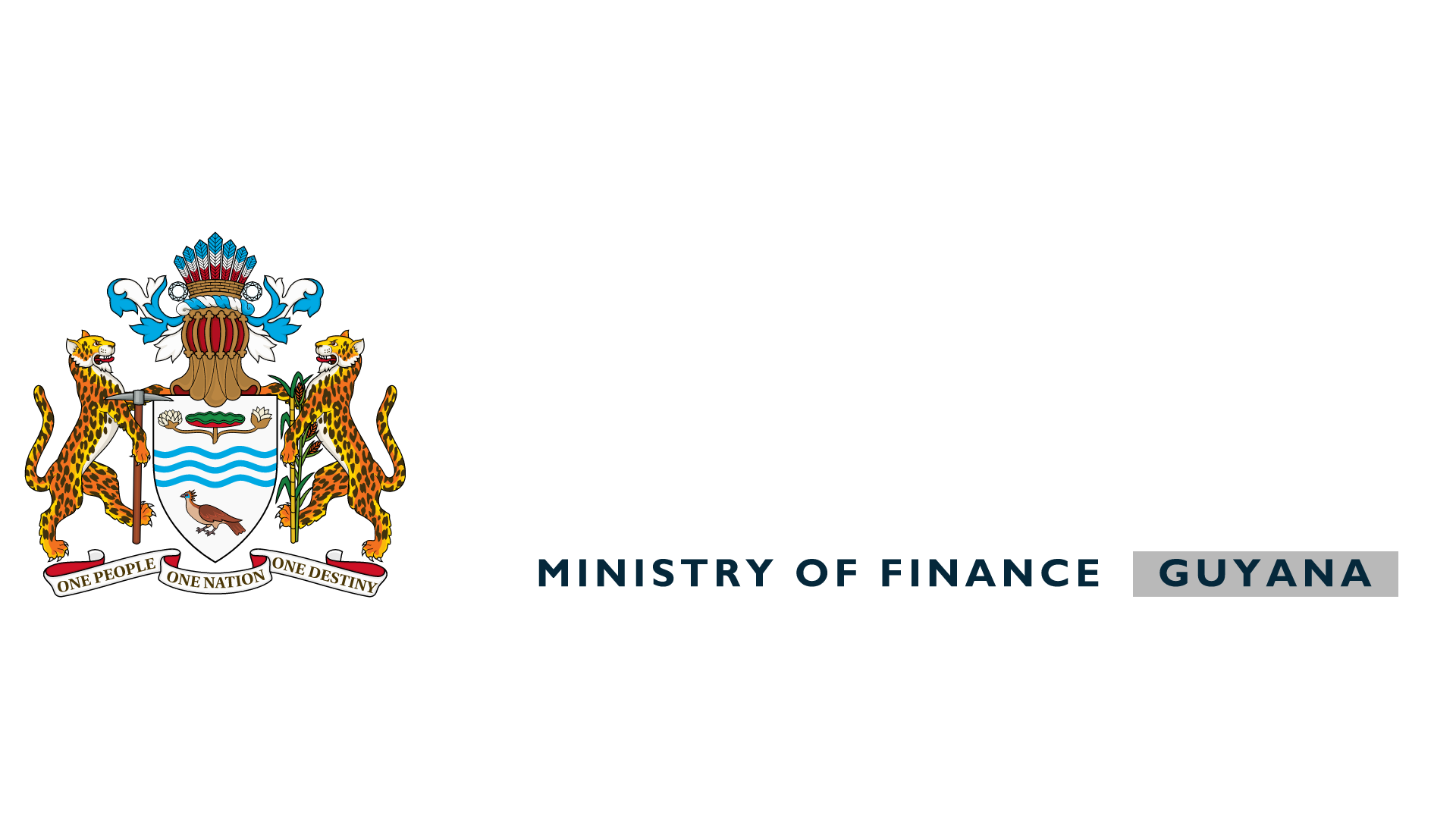Georgetown, Ministry of Finance, August 17, 2021: Following on the heels of President Irfaan Ali’s announcement last evening of three additional measures of a one-off cash grant of $25,000 to all old age pensioners, another one-off grant of $25,000 to all public assistance recipients and persons living with disabilities and an electricity credit to be paid to the Guyana Power and Light (GPL) Company on behalf of households consuming not more than 75 kilowatt hours per month, Senior Finance Minister Dr. Ashni Singh in explaining the $2. 6 Billion worth of measures, noted that these all formed part of Government’s aim at providing additional support to the most vulnerable while also stimulating economic activities which will contribute to economic growth in all sectors. The Minister contrasted his Government’s focus to the mandate of the former A Partnership for National Unity/ Alliance for Change’s (APNU/AFC’s) which included punitive taxes to generate more funds which were ironically spent wastefully. He also lamented the former administration’s lack of an economic vision except to wait on the oil and gas sector to take off.
“We have delivered in one year far more than they delivered in five years. Consider that what we have done is 1. Reduce taxes on the things that matter the most to people and 2. Deliver support to people at a level that cumulatively, over the five-year period that the APNU/AFC were in Government, did not deliver,” the Finance Minister said.
As to how the various cash grants and other measures will be sustainable on a long term basis coupled with the reduction in taxes, the Senior Finance Minister explained that the interventions may seem like an immediate cost to the treasury but that these measures will in fact stimulate more economic activities, provide a boost to various sectors and even create more jobs.
“When you reduce taxes and reduce the cost of doing business, or when you deliver support to households, that money doesn’t vanish into thin air, it stimulates economic activity. So, by reducing the cost of construction- you stimulate home construction activity, by reducing the cost of mining activities or the cost of agriculture, by removing taxes on heavy equipment, you stimulate economic activity. So, while there may be an immediate or short-term fiscal cost, the real impact is in the stimulation of economic activity that then generates jobs that then generates incomes,” Minister Singh confidently posited.
He explained further that when direct cash transfers are provided for various groups such as to parents of school-aged children, pensioners or public assistance beneficiaries, these citizens in turn use their cash grants in the markets, supermarkets and shops.
“They buy some goods with it (basic necessities), they go to the shops, they go to the service- providers, and it then multiplies itself over in the economy. The person in the market gets more sales, they then (with such sales) go to the wholesaler and they buy more. The wholesaler then goes to the manufacturer and he or she buys more, and more economic activity is stimulated,” the Senior Finance Minister further added.
Alluding to the flood relief interventions recently announced by Government, while the Minister noted that this will commence during the course of this week, he added that all of these measures are part of Government’s efforts at enabling a sustainable economic environment allowing for the growth of new emerging sectors while placing additional income into the hands of citizens.
Further elaborating on the Governing styles of the current government as against the former, Minister Singh concluded that there are three clear distinctions with the first being that the former administration had no long-term economic vision except to wait on the oil sector to take off. He said the second distinction is that the current government, unlike the former, continues to be on the ground actually working. The Finance Minister added that the third distinction was that the composition of the Budgets of both administrations showed a clear difference with the current Government focusing on reorienting the National Budgets so that allocations are injected into areas which really matter and can sustain long term economic growth as against the former Government’s wasteful spending on ‘inconsequential, inefficient and less productive areas’, despite raising taxes and collecting additional revenue from citizens.
